Search Fellows
Click on a Fellow below to view more information or create your own search.
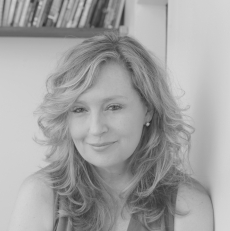
Lynne Haney
New York University
Visiting Scholar
2017 to 2018
Haney will study the relationship between mass incarceration and the enforcement of child support at the federal, state, and local levels. She will use an ethnographic study of child support courts in three states and interviews with 150 formerly incarcerated fathers to explore how both child support debt and ongoing contact with the criminal justice system contribute to cycles of disadvantage and shape their identities as fathers.
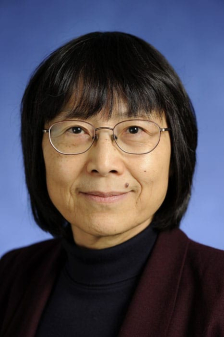
Lingxin Hao
Johns Hopkins University
Visiting Scholar
2002 to 2003
Lingxin Hao, associate professor of sociology at The Johns Hopkins University, will undertake a project on the impact of welfare on the social mobility of immigrant parents and children. The shift in countries of origin from Europe to Asia and Latin America has contributed to lower educational and skill levels among recent immigrants and a greater need for public assistance on their part. Yet, as part of welfare reform, the federal government has sharply reduced the public safety net for immigrants.
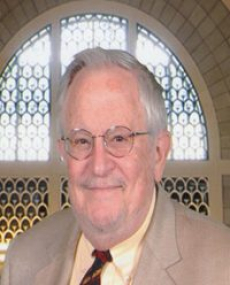
Robert M. Hauser
University of Wisconsin-Madison
Visiting Scholar
2001 to 2002
Robert M. Hauser, the Vilas Research Professor of Sociology, Center for Demography and Ecology at the University of Wisconsin, Madison, will explore the relationship between the economic and social resources of families and the educational outcomes of their children. As part of the Foundation's social inequality project, the study assesses the overall distribution of completed schooling, key transitions in the schooling process, and the pace at which students pass through the educational system.

Douglas Heckathorn
Cornell University
Visiting Scholar
2004 to 2005
Douglas Heckathorn, Professor of Sociology at Cornell University, will work on a book describing the theoretical underpinnings, methods, and applications of respondent-driven sampling (RDS), a statistical method for researching hard to reach populations. The book will explore how RDS can be used to study the assimilation of immigrants in New York and New Jersey, their workplace integration, and the integration of their children into mainstream American society.
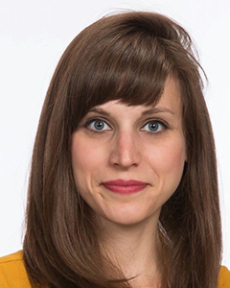
Jen Heerwig
State University of New York, Stony Brook
Visiting Scholar
2018 to 2019
Heerwig will track the evolution of American corporate elites’ political preferences and behavior from 1980 to present day. She will analyze the extent to which these elites have influenced deregulation, the rollback of social welfare programs, and the reduction in income tax rates. She will also draw from a new longitudinal database that links corporate executives, directors, and board members to federal political donations to determine the extent to which individual contributions from corporate elites affect policy outcomes.
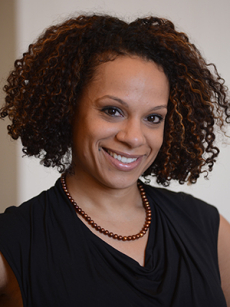
Diana Hernández
Columbia University
Visiting Scholar
2021 to 2022
Hernández will write a book exploring families’ struggles to afford household energy. She will focus on energy insecurity – the inability to adequately meet household energy needs – a problem facing one in three U.S. households. She will analyze 100 in-depth interviews conducted across ten sites in the first study to examine the challenges that households face in accessing and affording electricity, natural gas, and fuel oils. Hernández will study how this issue varies across regions, including both urban and rural settings and cold and warm weather climates.
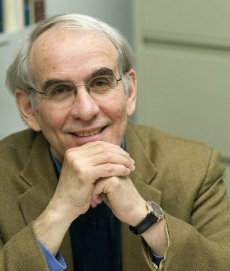
Charles Hirschman
University of Washington
Visiting Scholar
1998 to 1999
Charles Hirschman, professor and chair of the department of sociology at the University of Washington, will write a book on shifting ethnic divisions over long periods of history and across societies, particularly in North America and Southeast Asia. Although the ebb and flow of ethnic conflict has varied considerably across the globe, Hirschman observes the significance of such large-scale historical forces as the expansion of empires in premodern societies, the spread of nations and nationalism in the nineteenth and twentieth centuries, and long distance migration.
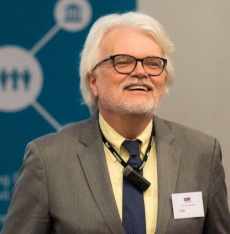
Michael Hout
University of California, Berkeley
Visiting Scholar
1996 to 1997
Michael Hout, professor of sociology and director of the Survey Research Center at the University of California at Berkeley, conducted research on the dynamics of low-wage labor markets, writing two RSF working papers and completing a paper, "Speedbumps on the Road to Meritocracy," which argues that upward social mobility has been decreasing and downward social mobility increasing since the 1970s.
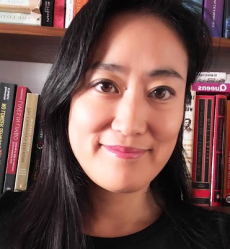
Amy Hsin
Queens College, City University of New York
Visiting Scholar
2019 to 2020
Hsin and Sofya Aptekar will examine the extent to which lack of legal status affects the lives of undocumented youth attending colleges in the City University of New York (CUNY) system. Drawing from administrative data and interviews with students, they will study differences in educational and employment trajectories, family dynamics, and other outcomes among undocumented youth from Latin America, the Caribbean, Africa, and Asia.
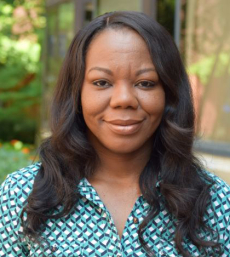
Onoso Imoagene
New York Univerity, Abu Dhabi
Visiting Scholar
2019 to 2020
Imoagene will study the experiences and outcomes of Nigerian and Ghanaian immigrants who migrated to the U.S. via the Diversity Visa Lottery Program. She will draw from interviews and ethnographic research to show how the diversity visa program and other immigration policies affect not just migrants, but their families and communities in their countries of origin.
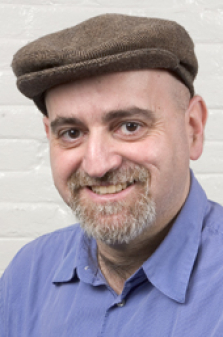
José Itzigsohn
Brown University
Visiting Scholar
2006 to 2007
José Itzigsohn, Associate Professor of Sociology and Ethnic Studies at Brown University, will write a book examining the labor market experiences and shifts in ethnic identity of Dominican immigrants as they adapt to American society in Providence, Rhode Island. His work will examine Dominican immigrants’ career trajectories, involvement with ethnic organizations, and attachments to their country of origin.
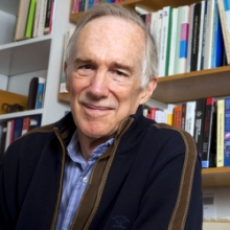
Christopher Jencks
Harvard University
Margaret Olivia Sage Scholar
Christopher Jencks is Malcolm Wiener Professor of Social Policy at Harvard University. He was a visiting scholar at the Russell Sage Foundation (1991–1992) and a Fellow of the Institute for Policy Studies (1963–1967). He is a member of the editorial board of the American Prospect and the author or co-author of several books, including The Academic Revolution (1968), Rethinking Social Policy (1992), The Homeless (1994), and The Black-White Test Score Gap (1998).
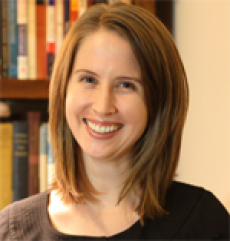
Jennifer Jennings
Princeton University
Visiting Scholar
2017 to 2018
Jennings will examine the barriers to access to high-quality high schools for low-income students. Using a decade of administrative data from the New York City Department of Education, she will analyze how students’ school choices and placements are influenced by their families, their proximity to good schools, and schools’ admissions policies. She will also explore the extent to which providing low-income families with resources such as fact sheets on high-performing schools can increase their placement at those schools.
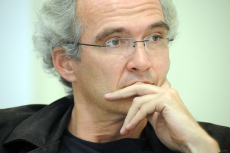
Christian Joppke
International University Bremen
Visiting Scholar
2002 to 2003
Christian Joppke, professor of political and social sciences at the European University Institute, will write a book on the ways in which racial and ethnic selection criteria for immigrants are at odds with the precepts of liberal states. Joppke will compare the immigration policies of "liberal" states and "ethnic" states (such as Japan) with respect to public neutrality on immigration and the principle of equality.
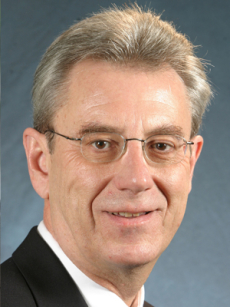
Arne L. Kalleberg
University of North Carolina, Chapel Hill
Visiting Scholar
2016 to 2017
Kalleberg will trace the historical evolution of corporate power and inequality in the United States. He will examine how shifts in the balance of power among corporations, labor, and government have led to changes in economic and social inequality throughout different periods, especially since World War II. He will explore the relationship between increasing corporate power and the rise of low-wage jobs, polarization of the economy, and the shrinking of the middle class.
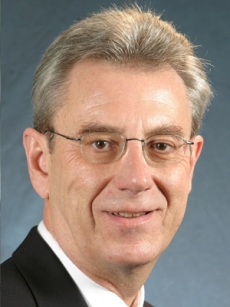
Arne L. Kalleberg
University of North Carolina, Chapel Hill
Visiting Scholar
2000 to 2001
Arne L. Kalleberg, professor of sociology at the University of North Carolina at Chapel Hill, will study flexible staffing arrangements - such as temporary, part-time, and contract work - looking at the quality of such jobs, employers' motivations for creating them, and workers' reasons for taking them. Employers may use flexible staffing to cut costs or to cope with labor shortages. If they aim to cut costs, job quality is likely to be low. On the other hand, if they face a labor shortage, they will have to make flexible jobs more appealing.
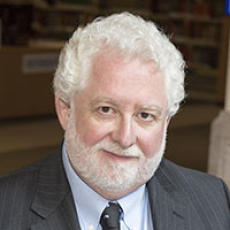
Philip Kasinitz
City University of New York
Visiting Researcher
Kasinitz is Professor of Sociology at the CUNY Graduate Center. He will work on a book with RSF author and former board chair Mary Waters (Harvard University) that explores the changing landscape of racial and ethnic stratification in American society.
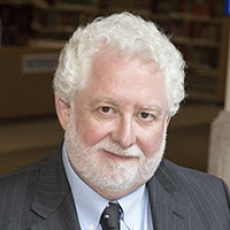
Philip Kasinitz
City University of New York
Visiting Scholar
2000 to 2001
Philip Kasinitz and John Mollenkopf, professors of sociology and political science at the Graduate Center of the City University of New York, will analyze the findings of a major study of the new second generation of immigrants in metropolitan New York, which they are directing with Professor Mary Waters of Harvard University.
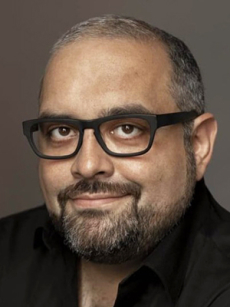
Shamus Khan
Columbia University
Visiting Researcher
Khan will write a book, Exceptional: The Astors, Elite New York, and the Story of American Equality, that traces the history of American inequality from the 1790s to 2006 by focusing on the position and experiences of the elite in New York City.
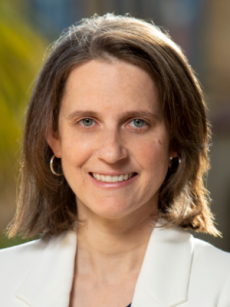
Barbara Kiviat
Stanford University
Visiting Scholar
2023 to 2024
Kiviat will analyze the 30-year battle over whether car insurers should be able to raise prices on drivers with low credit scores. She will draw on documents from public policy debates, interviews with insurance company executives and insurance regulators, and participant observation to explore the moral justifications for using algorithmic predictions of behavior to offer individuals different products and prices.
